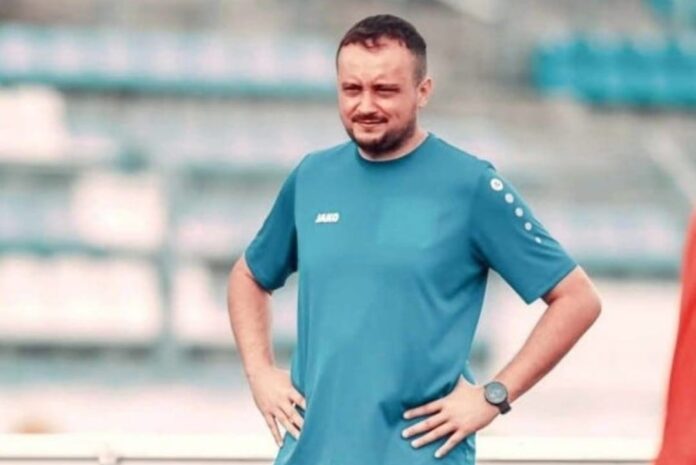Modern football has evolved far beyond physical prowess and technical skill. At its highest level, the game is increasingly defined by something less visible yet equally decisive: cognitive ability. Slawomir Morawski, an expert in player development, has dedicated his career to exploring how cognition influences performance and how targeted training can unlock untapped potential in elite players.
Understanding Cognitive Training
Cognition encompasses the mental processes that allow us to perceive, process, store, and use information. In football, it forms the foundation of communication between a player and their environment. The game is a constant exchange of information — space, time, teammates, opponents, and the ball all interact in real time. Without mastering the flow of information, achieving consistent high-level performance becomes nearly impossible.
Morawski’s approach departs from traditional training methods that rely heavily on replication and pre-scripted solutions. Instead, his methodology stimulates players to analyze, observe, and discover solutions collaboratively. “It’s about stimulating development through simulation and shared analysis rather than instructing players to simply repeat patterns,” Morawski explains. “We aim to help them understand the game in its real conditions.”
The Crucial Skills: Vision and Decision-Making
Among all cognitive tools, scanning the field stands out as fundamental. Effective decision-making begins with a constant search for information — reading the environment, adjusting body positioning, managing space, and anticipating physical contact. According to Morawski, isolated drills often fail to produce lasting improvements because they lack real-game logic. “Simply telling a player to scan before receiving the ball creates a short-term effect,” he says. “Without understanding why scanning matters, players revert to old habits. That’s why we use video analysis to recreate real contexts, discuss alternative solutions, and then simulate these situations during training sessions.”
This integrated approach ensures that cognitive tools are not learned in isolation but in direct connection with in-game realities, enabling players to make decisions more accurately and swiftly under pressure.
Inside Individual Sessions
While Morawski prefers not to disclose specific drills, he offers insight into his 1-on-1 sessions with professionals. Post-match analyses serve as a foundation, focusing on a dozen or so pivotal moments. The process is collaborative: rather than prescribing solutions, Morawski and the player explore possibilities together, examining which cognitive tools might have been missing and how they can be applied moving forward.
Confronting Cognitive Limitations
Developing football intelligence is a demanding journey. Unlike physical training, where results can be measured quickly, cognitive progress requires a cycle of experience: playing, analyzing, understanding, adapting, and playing again.
“For some players, this process feels overwhelming, as breaking old habits is never easy,” Morawski observes. “But for many, it’s like discovering a missing piece of the puzzle. A small change in cognitive awareness can have a huge impact on the quality of their game.”
The Future: Technology and Authentic Training Environments
Looking ahead, Morawski sees significant potential in technology, particularly artificial intelligence and advanced video analysis. Tools that visualize game situations with greater clarity can accelerate learning and make complex concepts accessible. Yet, he cautions against relying solely on technology.
“Football intelligence develops best in environments that mirror the real nature of the sport,” he emphasizes. “True progress requires the pressure of time, space, teammates, opponents, and the constant pursuit of scoring goals. Technology should support this process, not replace it.”

